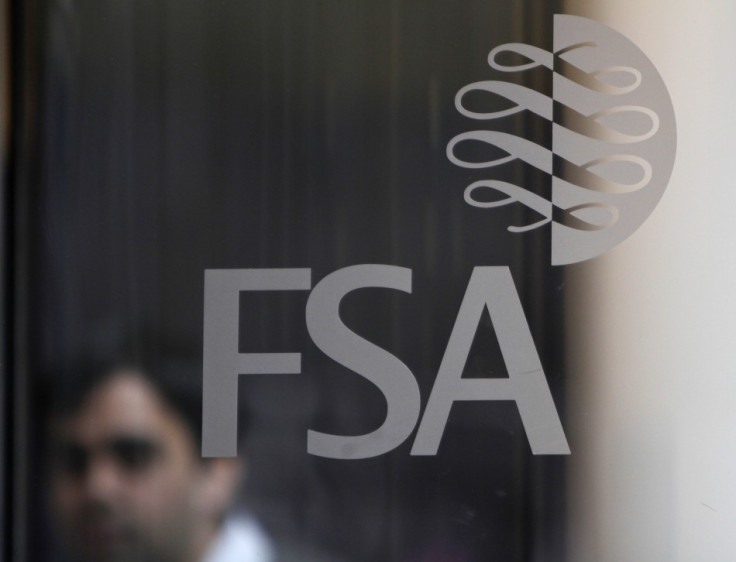Mis-Selling Derivatives: FSA Gives Nod to Tailored Business Loan Probe

Yorkshire Bank and Clydesdale Bank has added Tailored Business Loans (TBL) to its investigation with the Financial Services Authority (FSA) into alleged mis-selling, even though the loans are not covered by the FSA's agreement with the UK's banks.
While the 29 June agreement with HSBC, Barclays, RBS and Lloyds, as well as all other lenders,forces them to investigate each interest rate swap agreement (IRSA) sold to determine if mis-selling had occurred, Yorkshire Bank and Clydesdale Bank has voluntarily agreed to extend the probe into TBLs that were sold from 2001 onwards.
A TBL is a loan with an underlying derivative packaged together, as opposed to an IRSA which is a separate interest rate product that would be sold alongside a loan or a mortgage.
However, similar to an IRSA, a TBL can still incur the same break costs if the agreement is terminated early in a low interest rate environment. Speaking to a number of lawyers, SMEs and FSA-Authorised derivatives experts in the market, break costs have sometimes reached £500,000.
TBLs are not regulated by the FSA as a "Designated Investment" but the probe extension could suggest that the regulator is focusing in on instruments that may have had as much as a damaging impact to small-to-medium enterprises (SME) as with IRSA selling.
The FSA confirmed that Yorkshire Bank - owned by the National Australia Bank - is investigating its TBL sales and are liaising 'voluntarily' with the regulator with its findings and at the moment this investigation into TBLs is only with Yorkshire bank. It also confirmed it is not included in the redress scheme.
While the FSA would not confirm that a nationwide investigation into TBLs is being imminently rolled out, the probe could indicate that TBLs are now in the FSA's sights.
"In the case of those TBLs exhibiting comparable features to other Interest Rate Hedging Products (e.g. simple collars), but not including Caps or fixed rate products, the Bank will write to all customers who do not meet the definition of sophisticated customers asking if they wish to have their file reviewed," say Yorkshire Bank and Clydesdale Bank in a joint statement.
However, it is important to note that TBLs are not covered under the 29 June redress scheme with the banks and are therefore, currently, not obliged to investigate into these loans, nor are the banks obliged to determine compensation to the customer in the same determination structure as the FSA redress scheme, should they determine mis-selling.
"For those customers who do wish to have their files reviewed, the Bank will then undertake a past business review of the sale of those products. Redress is not automatic but if we assess that the sale was not appropriate, then redress will be assessed on the basis of what is fair and reasonable in the circumstances," say Yorkshire Bank and Clydesdale Bank.
FSA-Authorised derivatives experts at Vedanta Hedging confirmed that while these are products are a concern for SMEs, customers be careful in expecting the same form of review and redress as IRSAs.
"Clients of ours that have Fixed Rate Loan TBL products have received letters from Clydesdale confirming that they are not part of the FSA Review process [since they are not regulated by the FSA]. However, we are working with some solicitors and barristers (as well members of the Government) about making the necessary technical and legal arguments about the fact that Fixed Rate Loans should be treated the same as if an SME was sold a stand-alone derivative," said Martin Berkeley and Abhishek Sachdev at Vedanta Hedging.
© Copyright IBTimes 2025. All rights reserved.






















